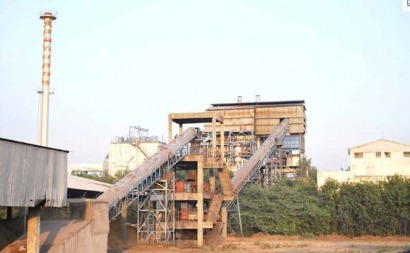
Shalivahana will use the funding to develop 200 MW in biomass projects in the Indian states of Chhattisgarh, Jharkhand, Madhya Pradesh, Orissa, and Tamil Nadu.
The IFC is also committing to purchase up to 1.5 million certified emission reductions from energy products developed by the company in the period from 2013 to 2020. Under the terms of the agreement the financing company will will pay for a pre-agreed percentage of the spot price of the CERs at the time of delivery, subject to a minimum price.
“IFC’s support will help us raise funds, adds credibility to our work, and raise the generation capacity of our portfolio over the next four years,” said M. Komaraiah, Shalivahana Green Energy’s chairman and managing director.
“The Post-2012 Carbon Facility will help us generate sustainable revenues in the long run despite the uncertainties in the global carbon market,” Komaraiah said.
India suffers from serious power shortages, poor quality and reliability of supply, and inadequate access to power.
The company plans to undertake small to medium-sized projects in the biomass, hydro, and wind-energy sectors. Eighty-percent of power generation in India comes from state-owned providers, with most private players focused on large thermal and hydro-power projects.
“Improving access to regular and clean power supply is a key strategic priority for IFC in India,” said Thomas Davenport, IFC Director for South Asia. “Our Post-2012 Carbon Facility provides the Shalivahana Group with a high-quality revenue stream from CERs up to 2020 to strengthen the viability of their projects.”
Since the Indian government made adoption of renewable purchase obligations mandatory, state distribution utilities, open-access consumers, and captive power plants have been required to buy a certain portion of their power purchases from renewable-energy sources.
Shalivahana built its first biomass plant in 2002 and currently has an installed capacity of 47 MW across five facilities.
For additional information:

